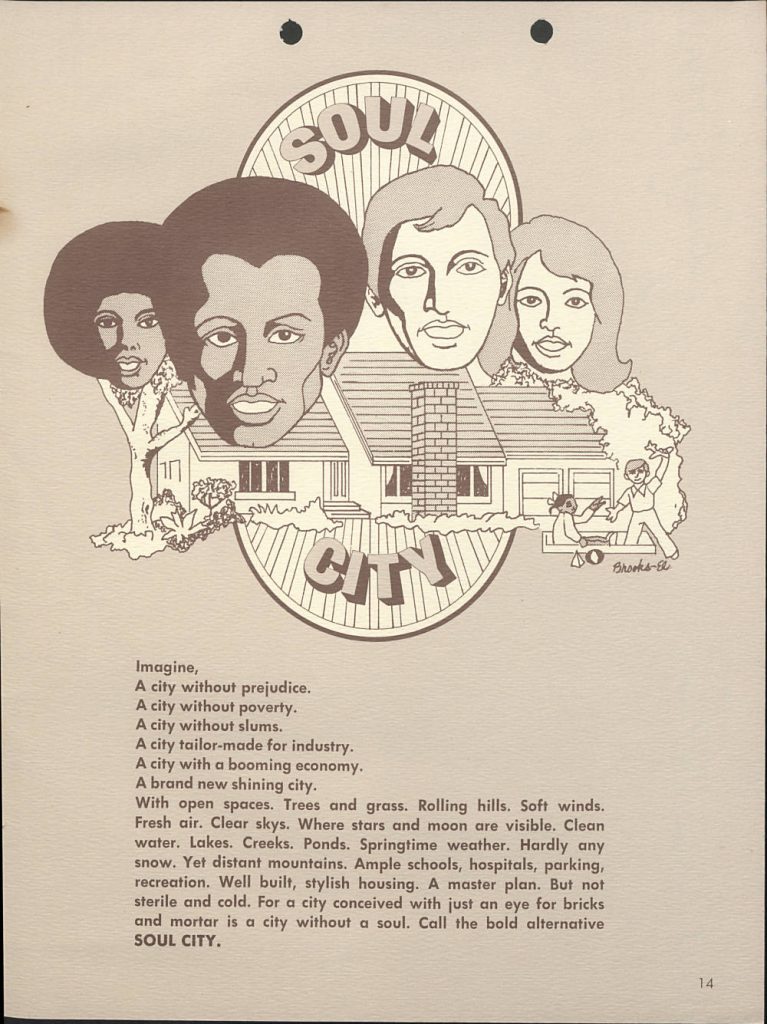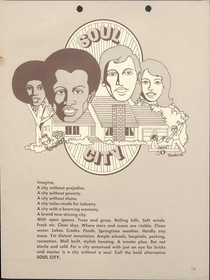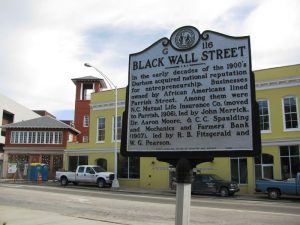
Soul City (Warren Co., NC) was established as a planned community in 1970s under the direction of civil rights leader Floyd B. McKissick. Disenchanted with the systemic suppression, poverty, and racism typical after migration to northern urban centers, he envisioned a “black owned, black built town” that offered families affordable housing, jobs, and healthcare. The project broke ground in 1973 with the help in $14 million in federal funding under the Urban Growth and New Community Development Act. The city quickly developed to include homes on spacious properties, industrial centers, paved roads, and water and sewerage systems; at its height, it was home to 200 people.
However, then-Senator Jesse Helms implemented a series of newspaper smear campaigns against the project, questioned the appropriate use of federal funds, and launched related governmental investigations. The active opposition of the state government and inadequate residential and employment achievements resulted in a complete withdrawal of federal funding in 1979. Without powerful private investors, the project could not continue as planned. McKissick’s children and several of the original residents still live in Soul City.
The documentary Soul City tells the story of the project through archival footage and interviews with residents, both past and present.
Watch the film tonight at 10 pm (EST) on UNC-TV. It can also be viewed here, through the UNC-TV site, for free until February 3rd.
In addition to the film, the story of Soul City has also been documented through oral history interviews, archival collections, and both popular and scholarly publications. Many of these resources are available online (see below).
Continue reading “Soul City Film Screening Tonight on UNC-TV”



